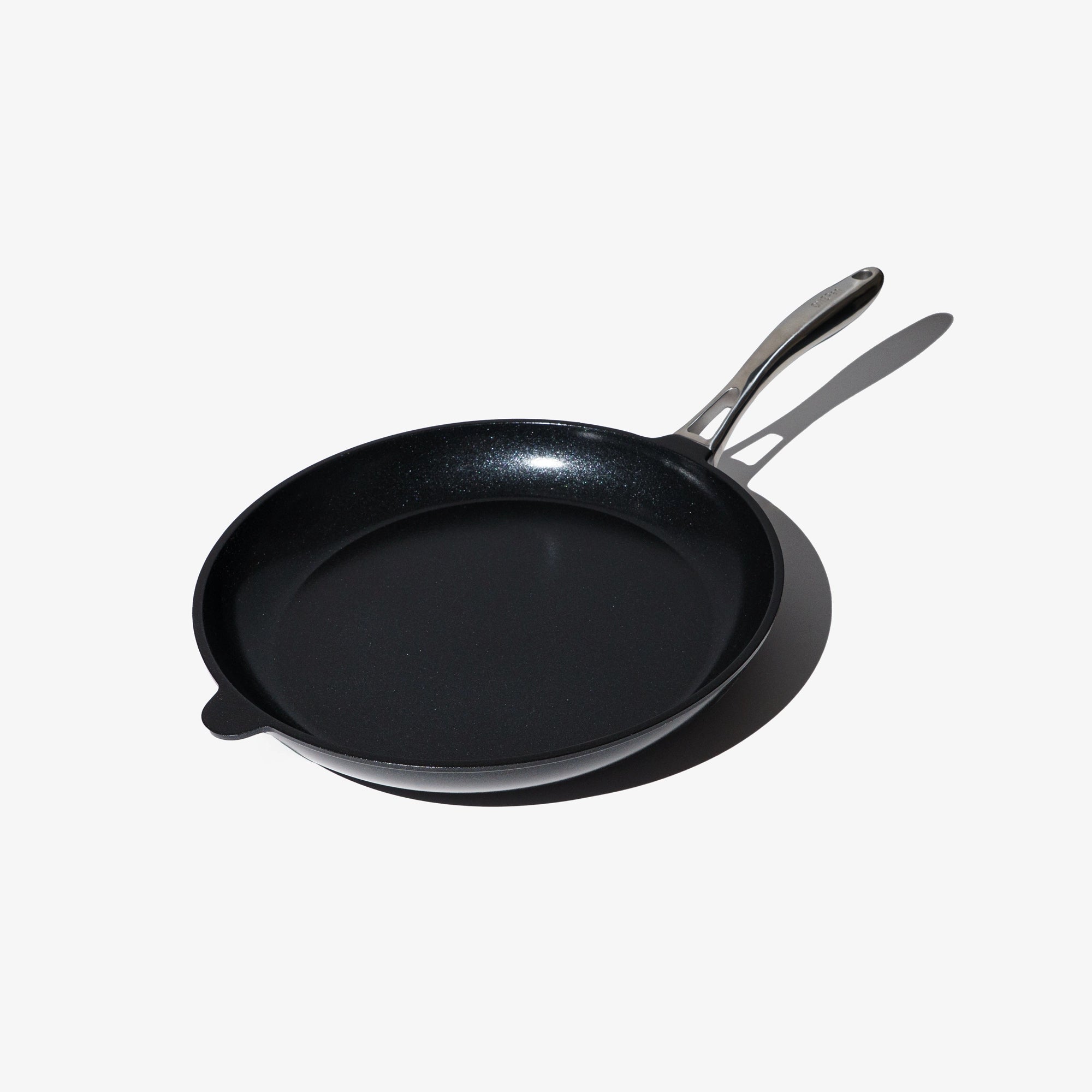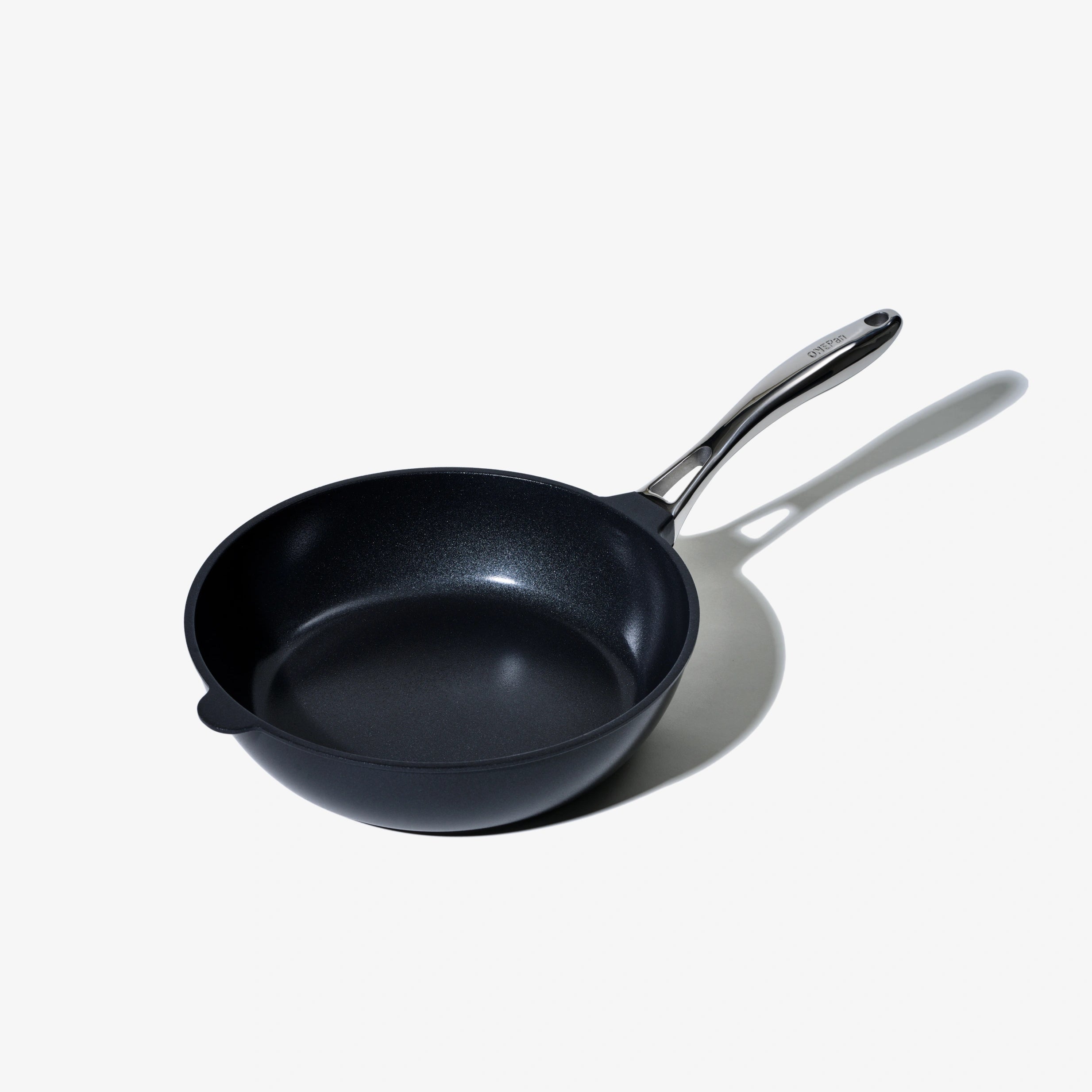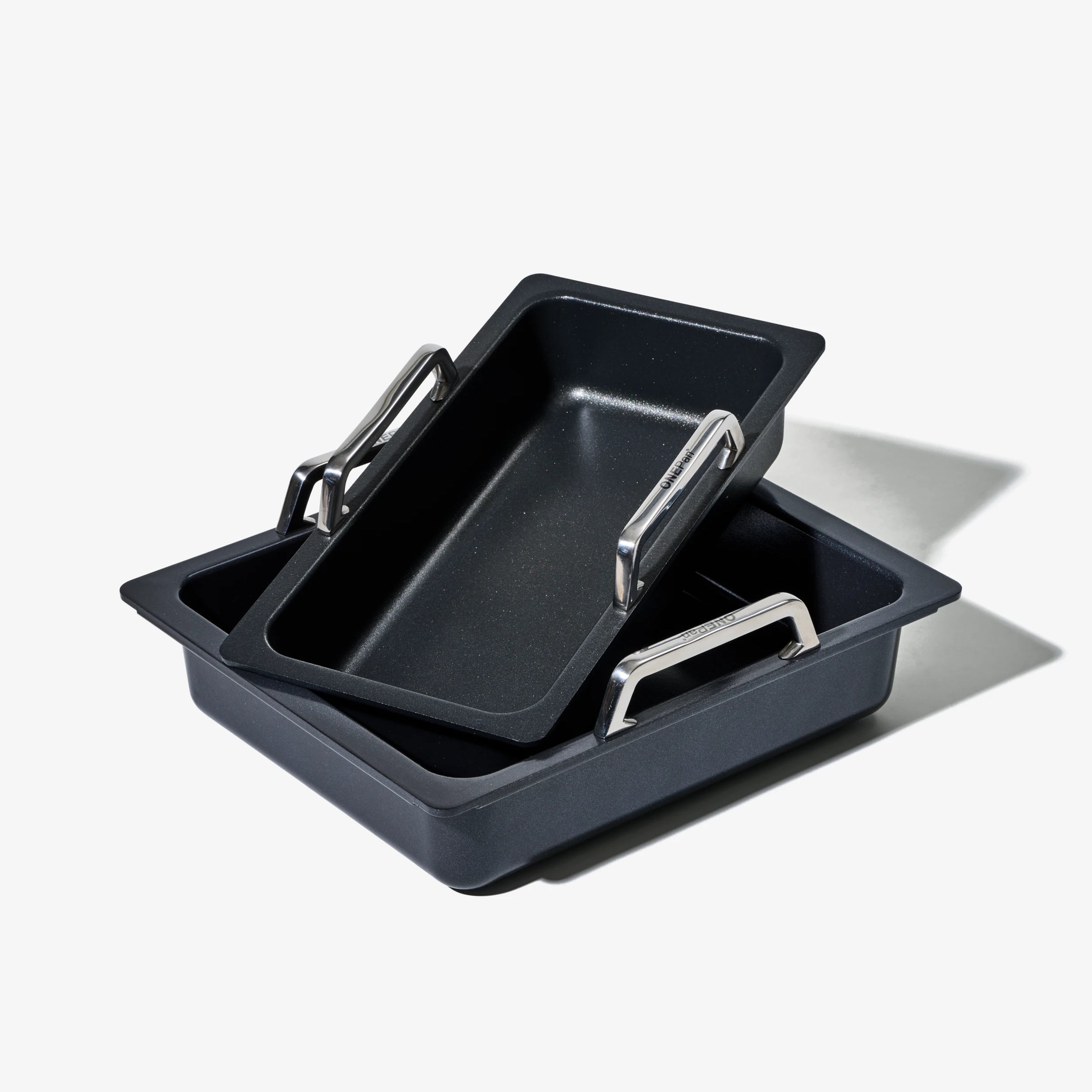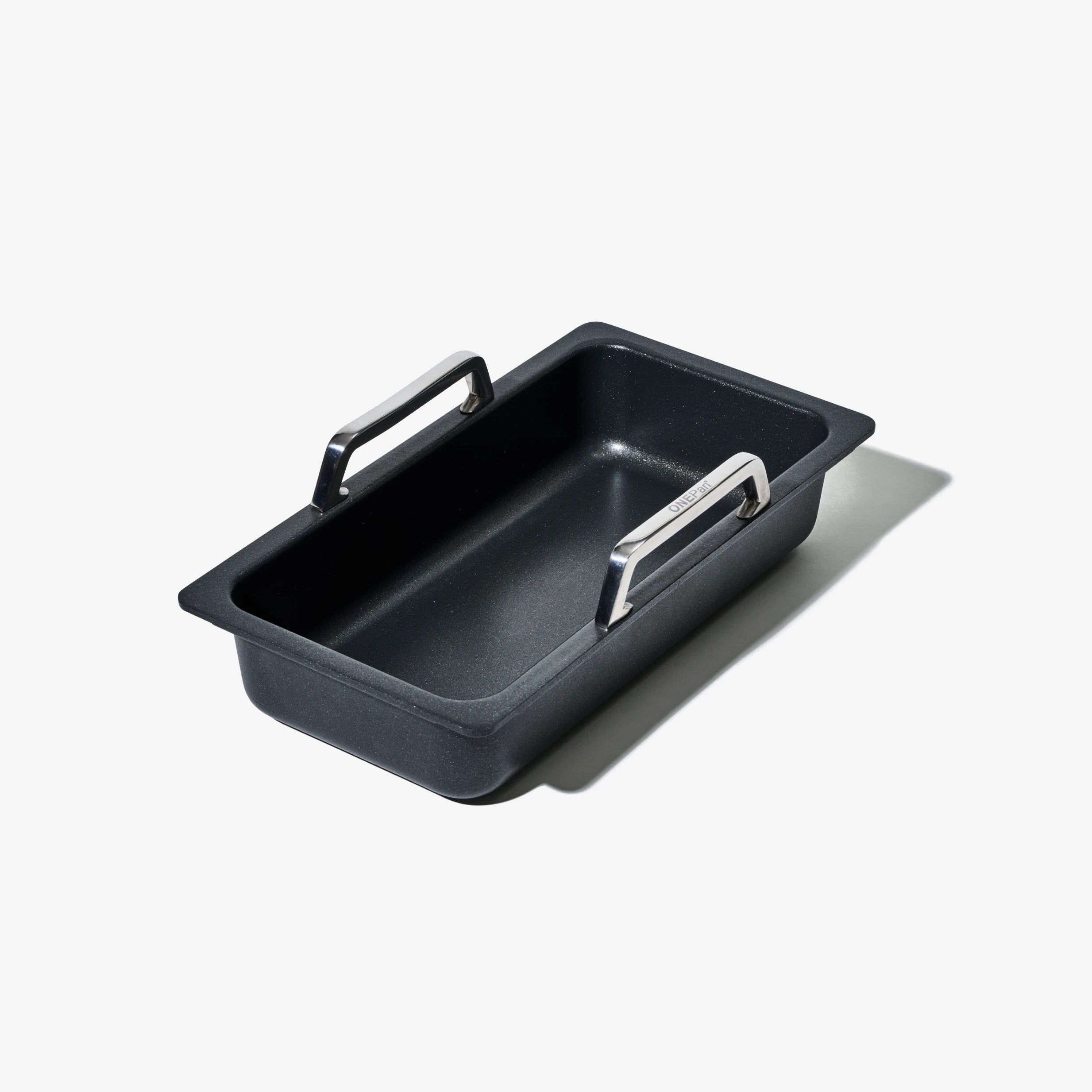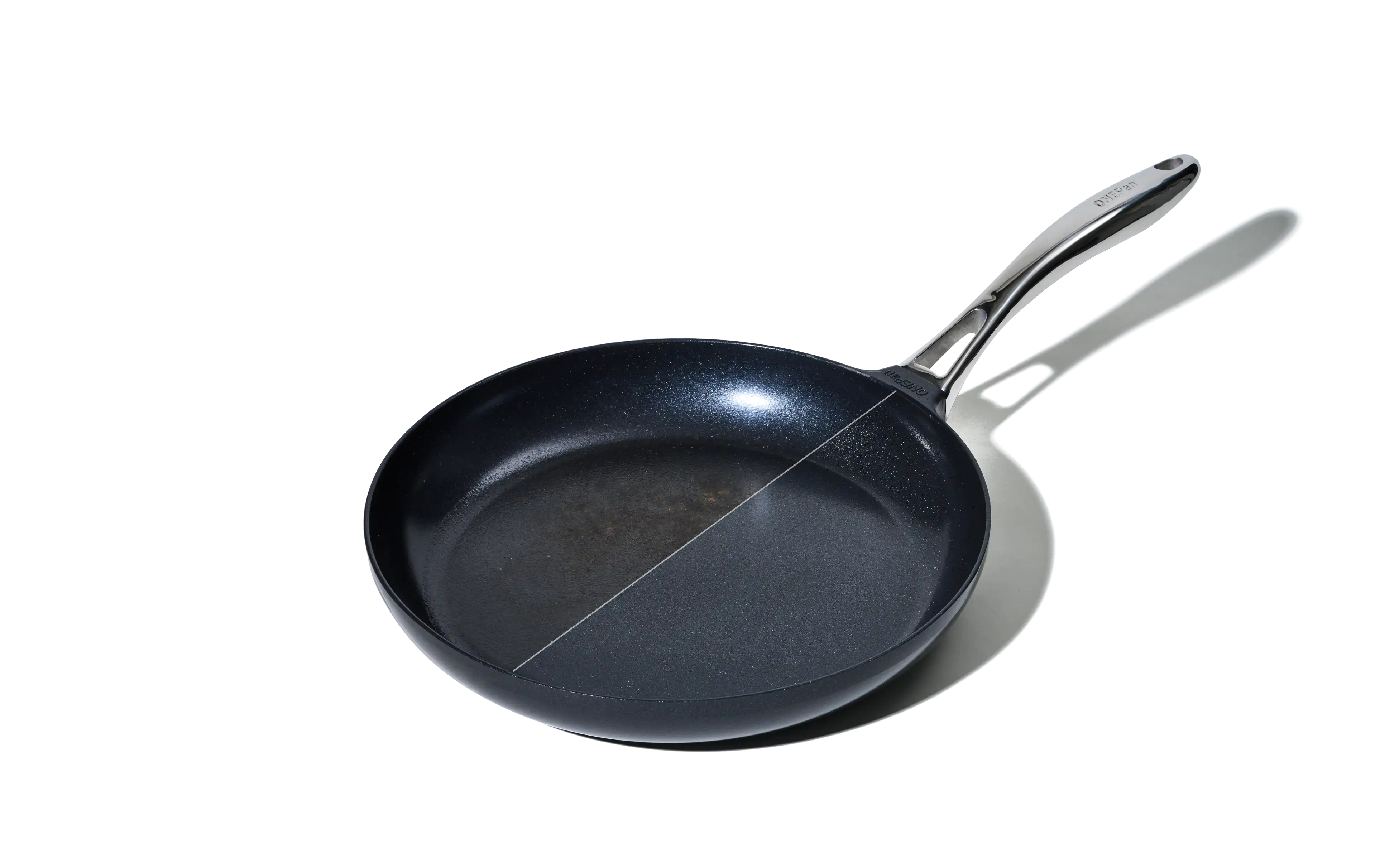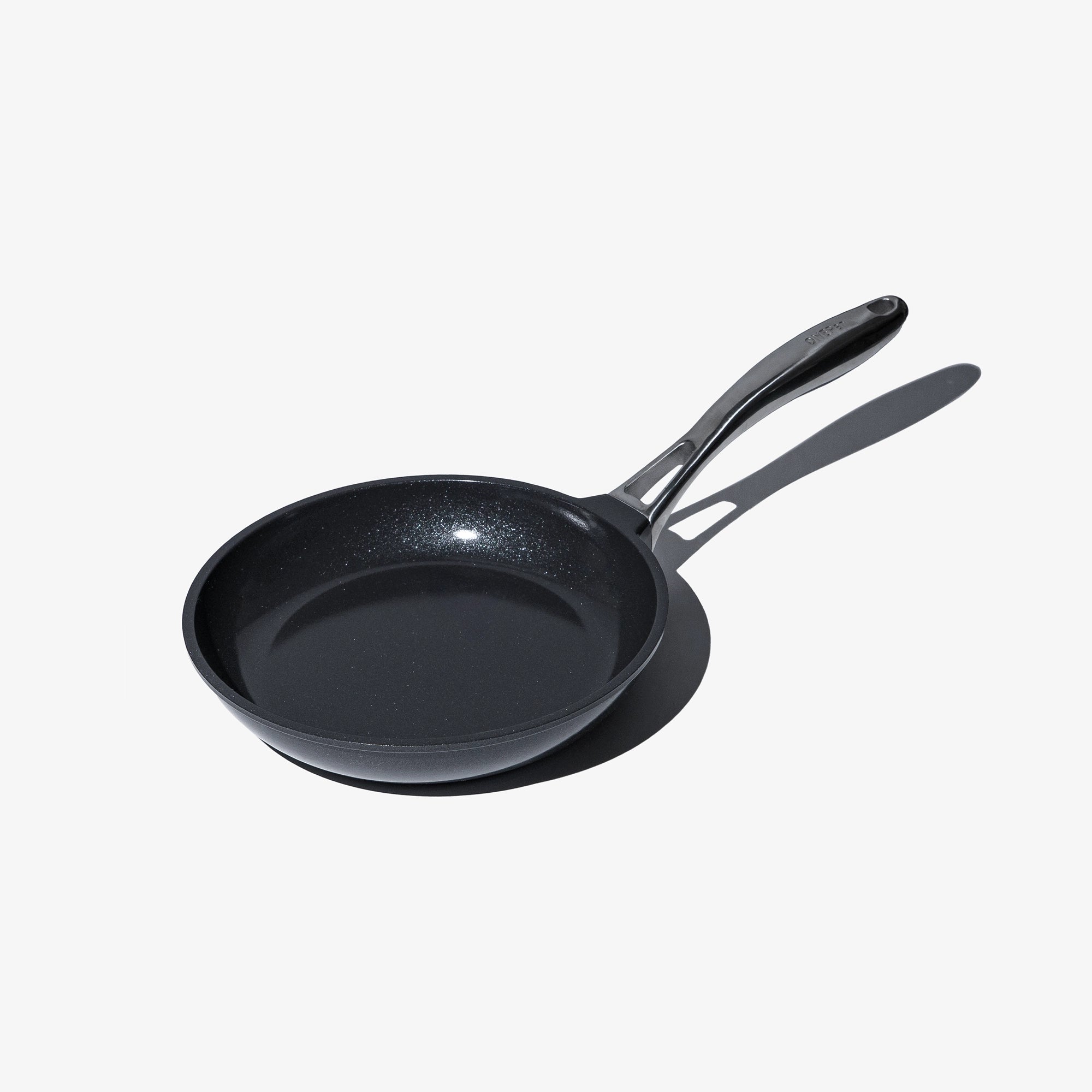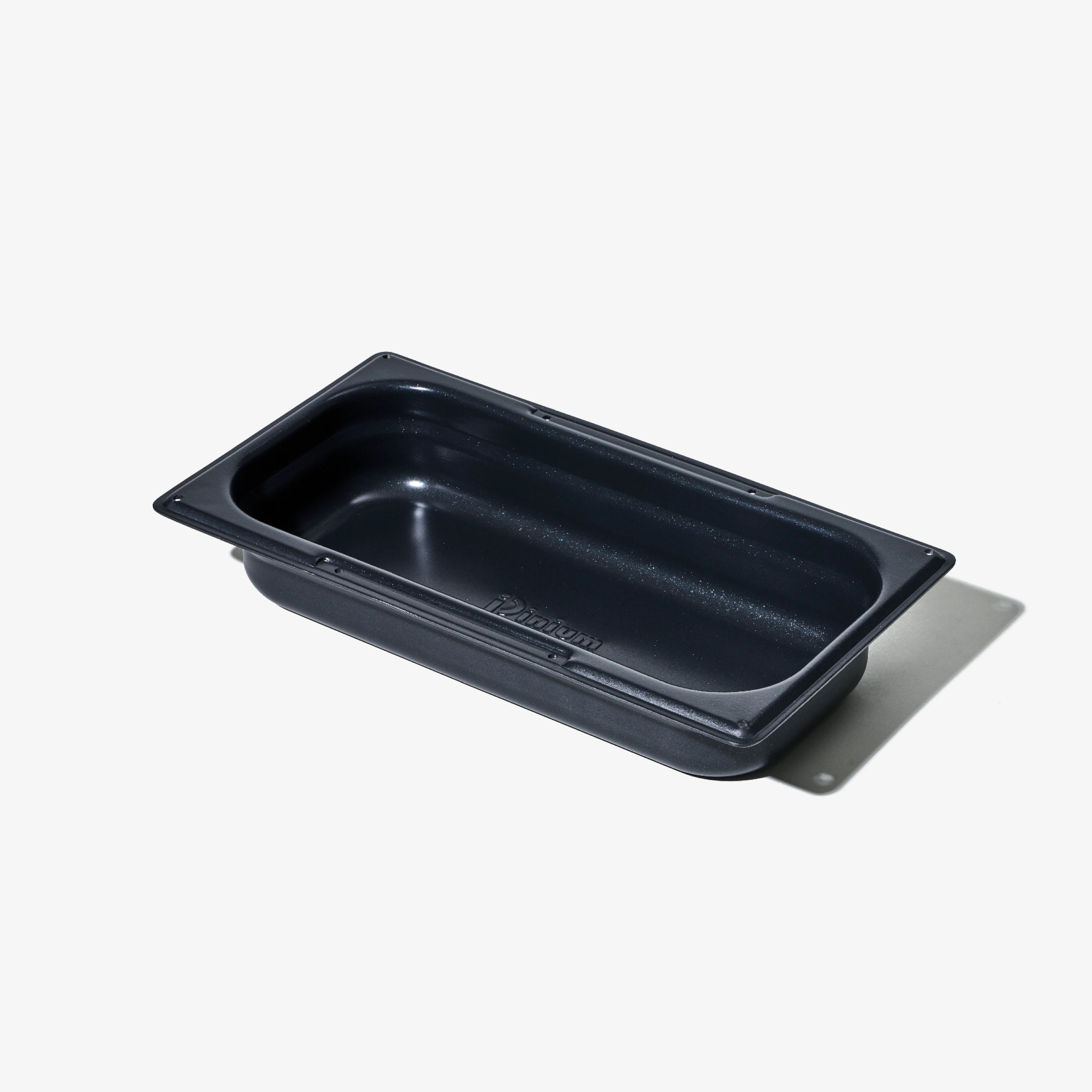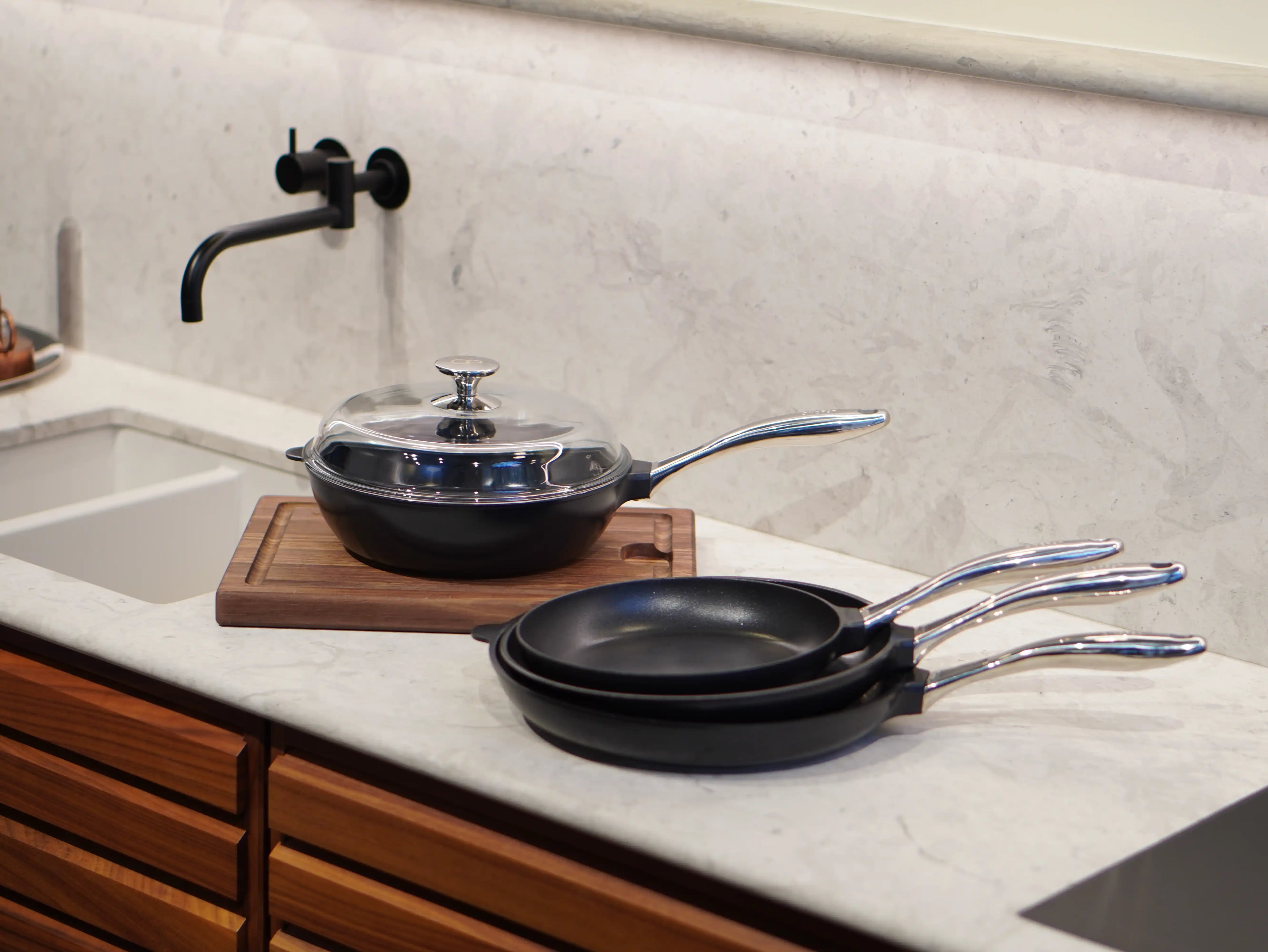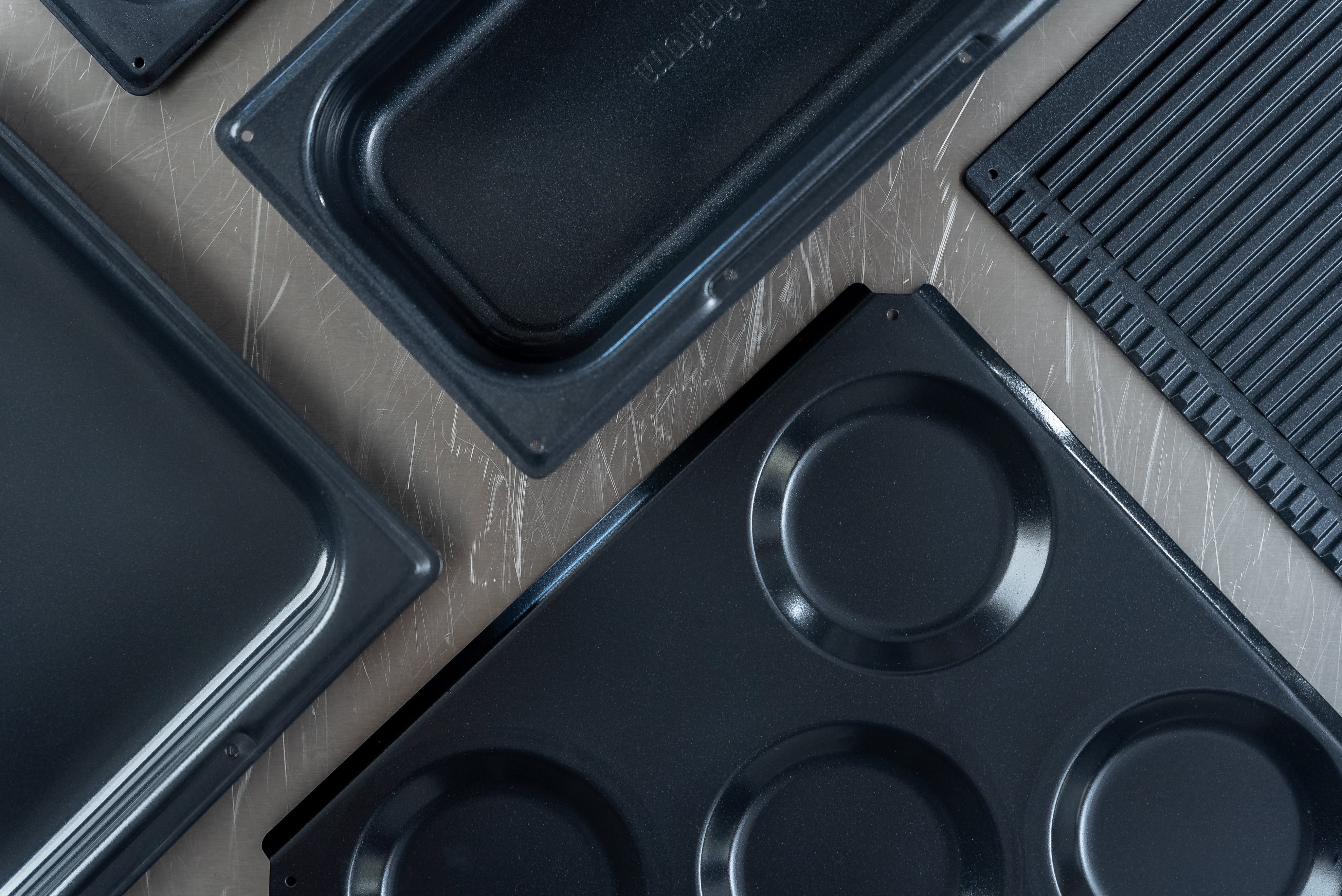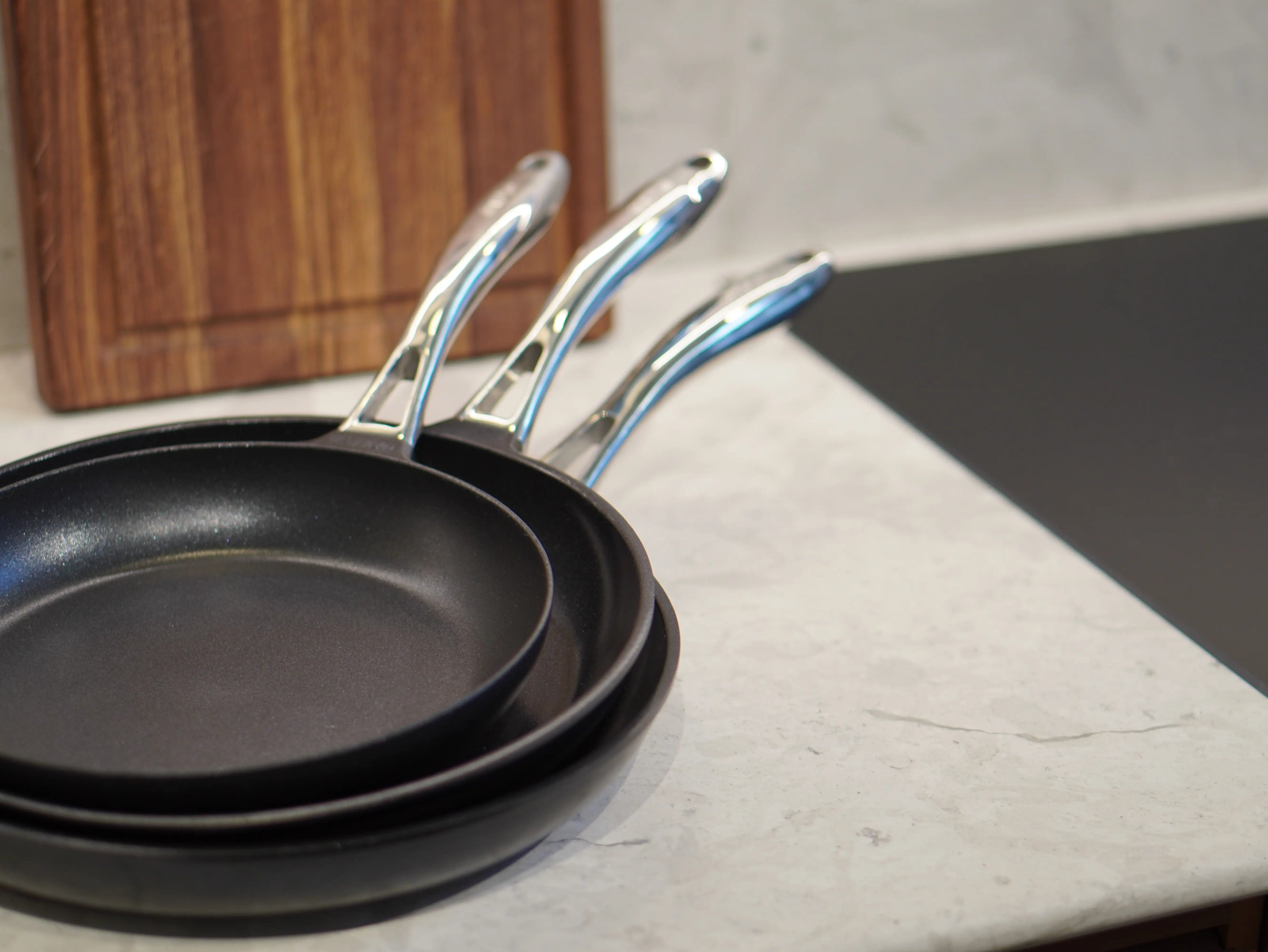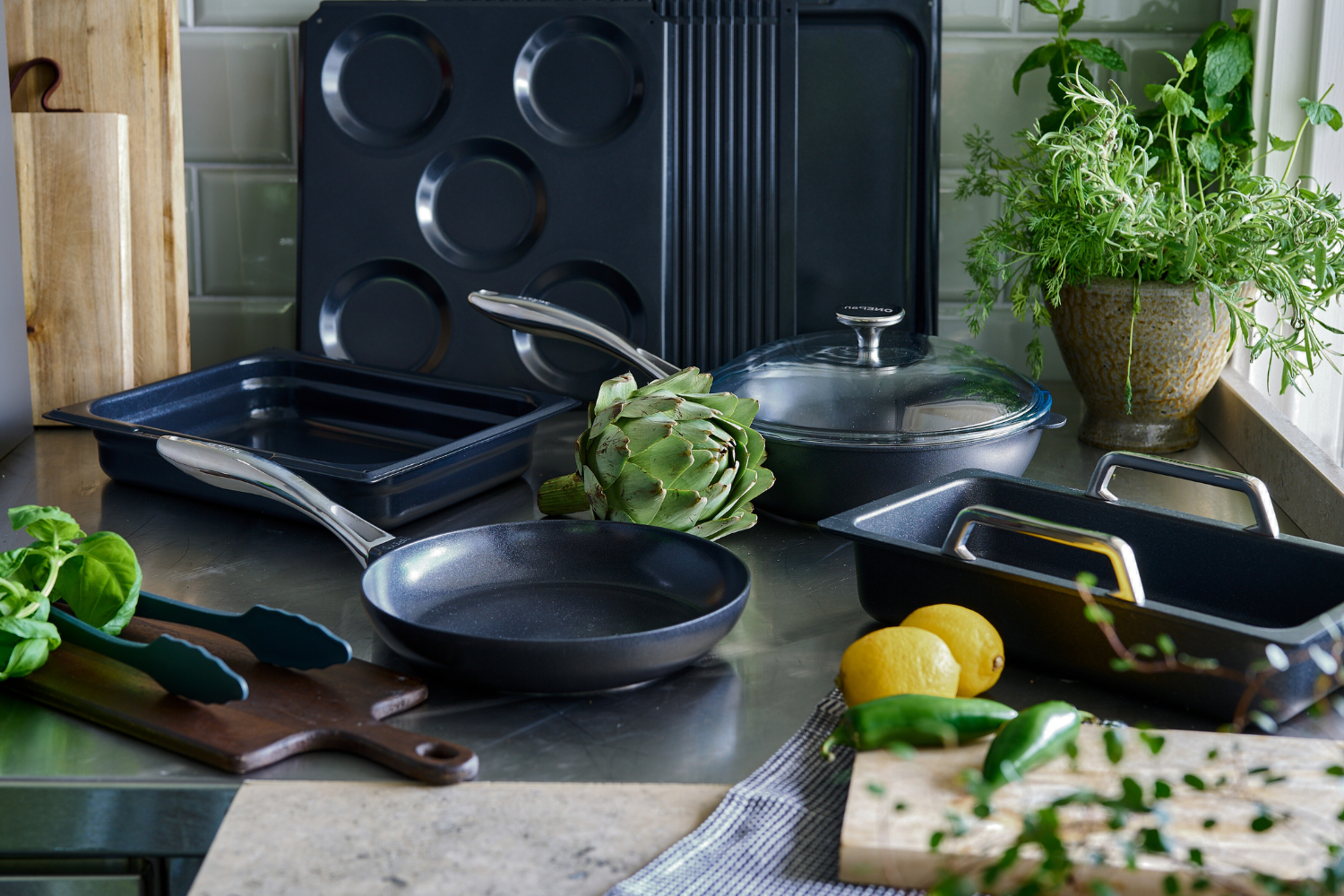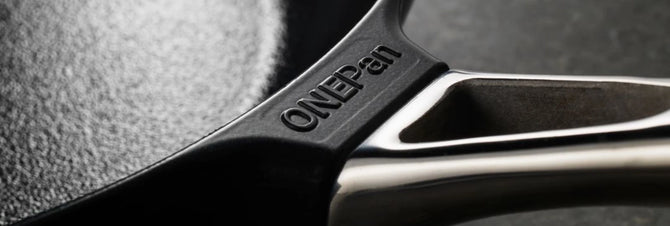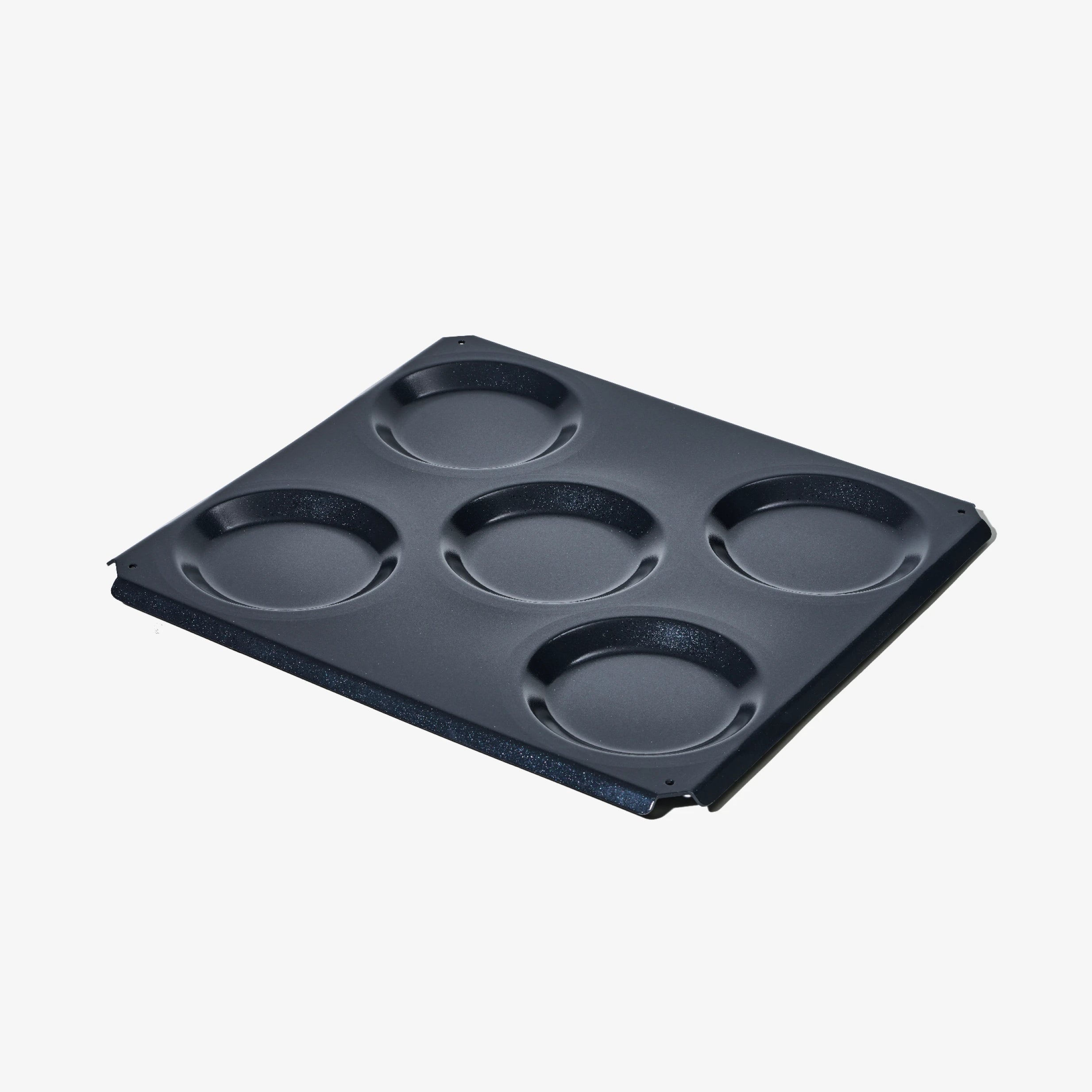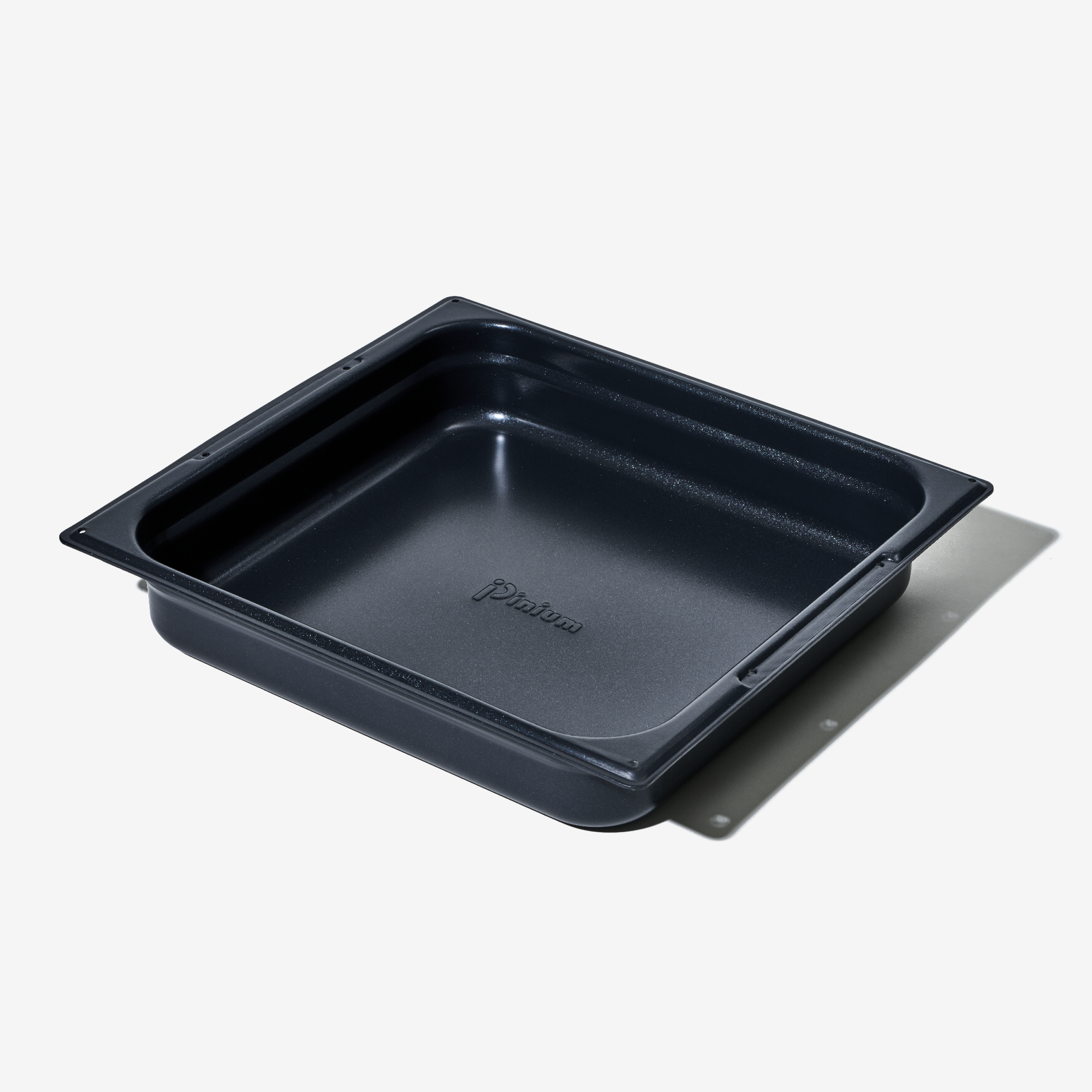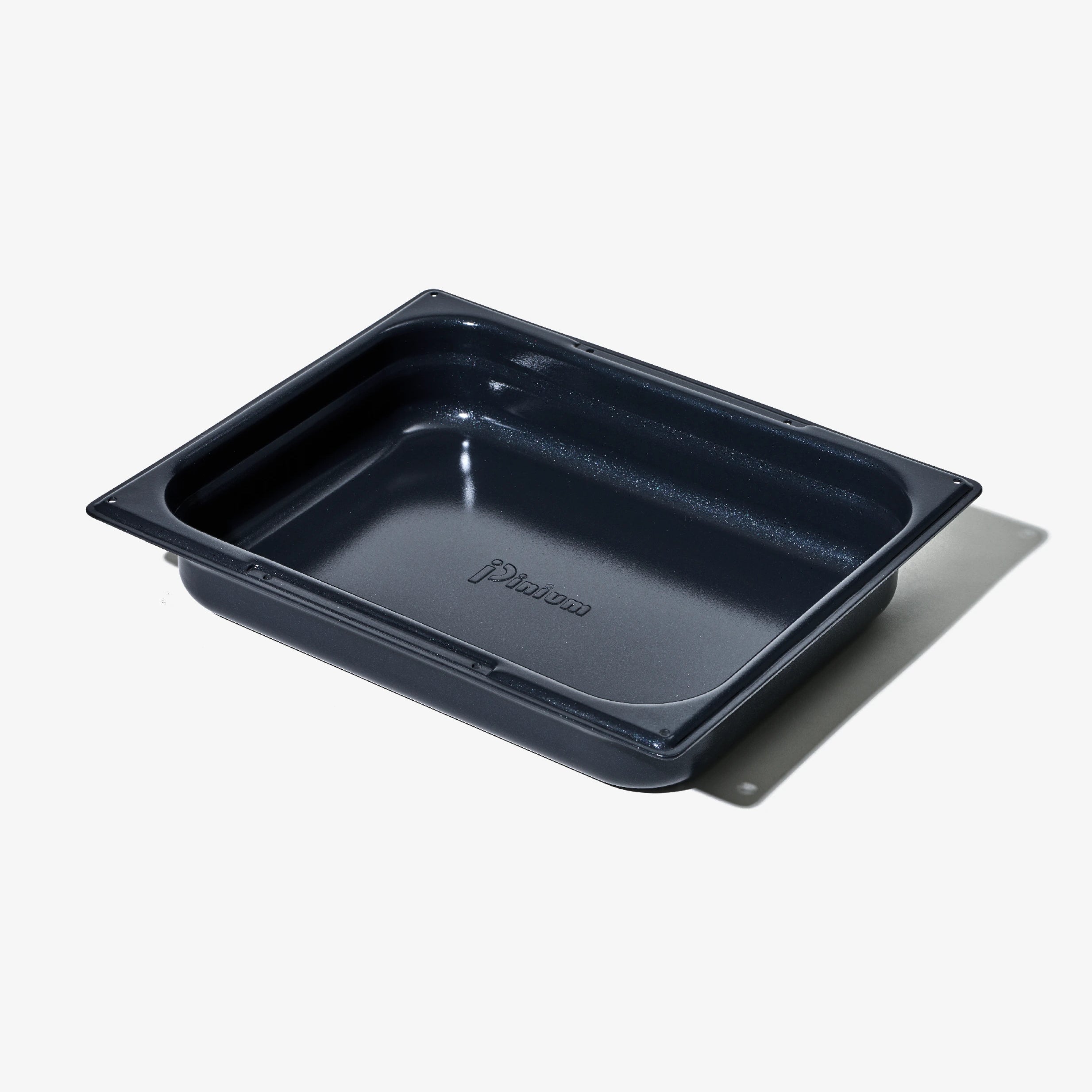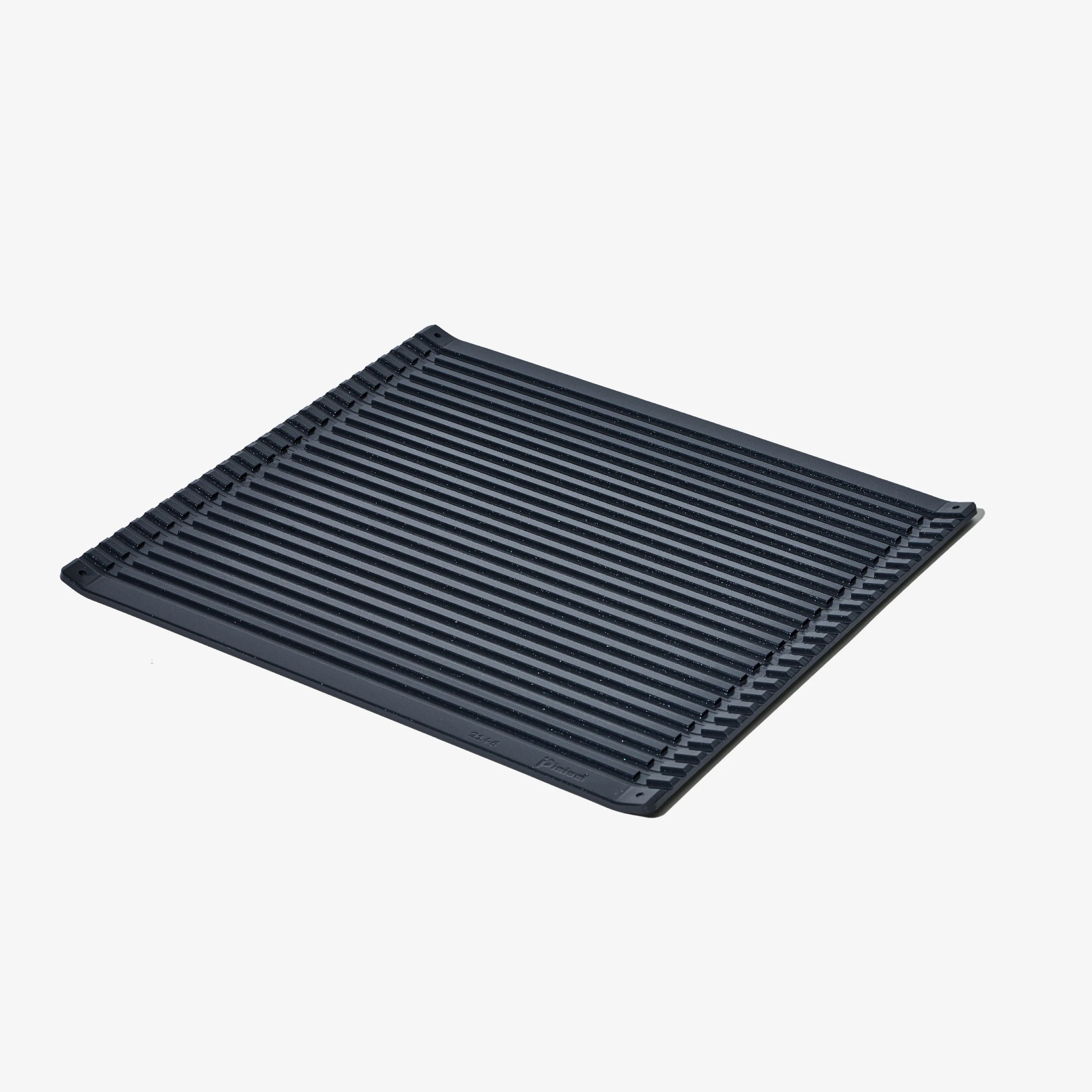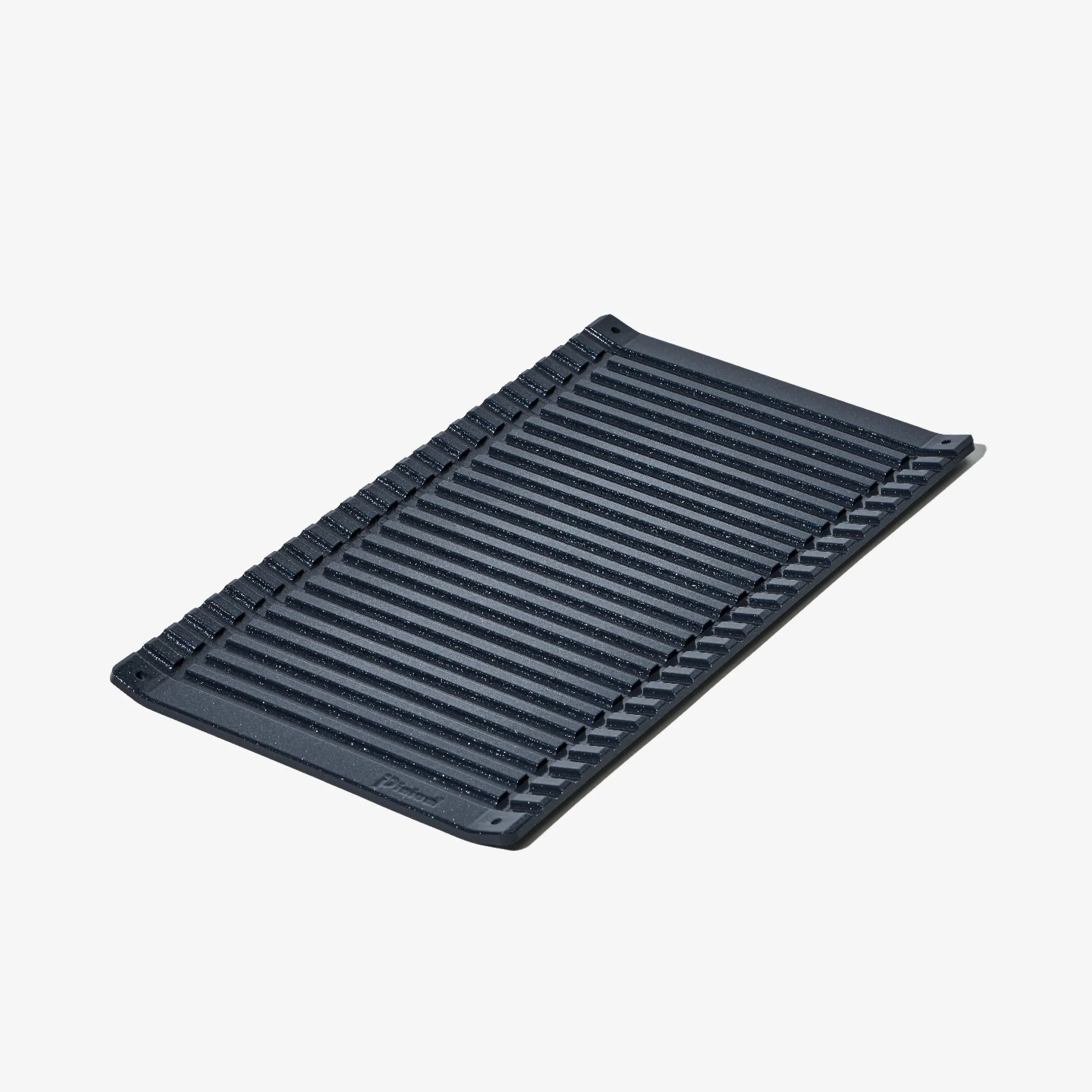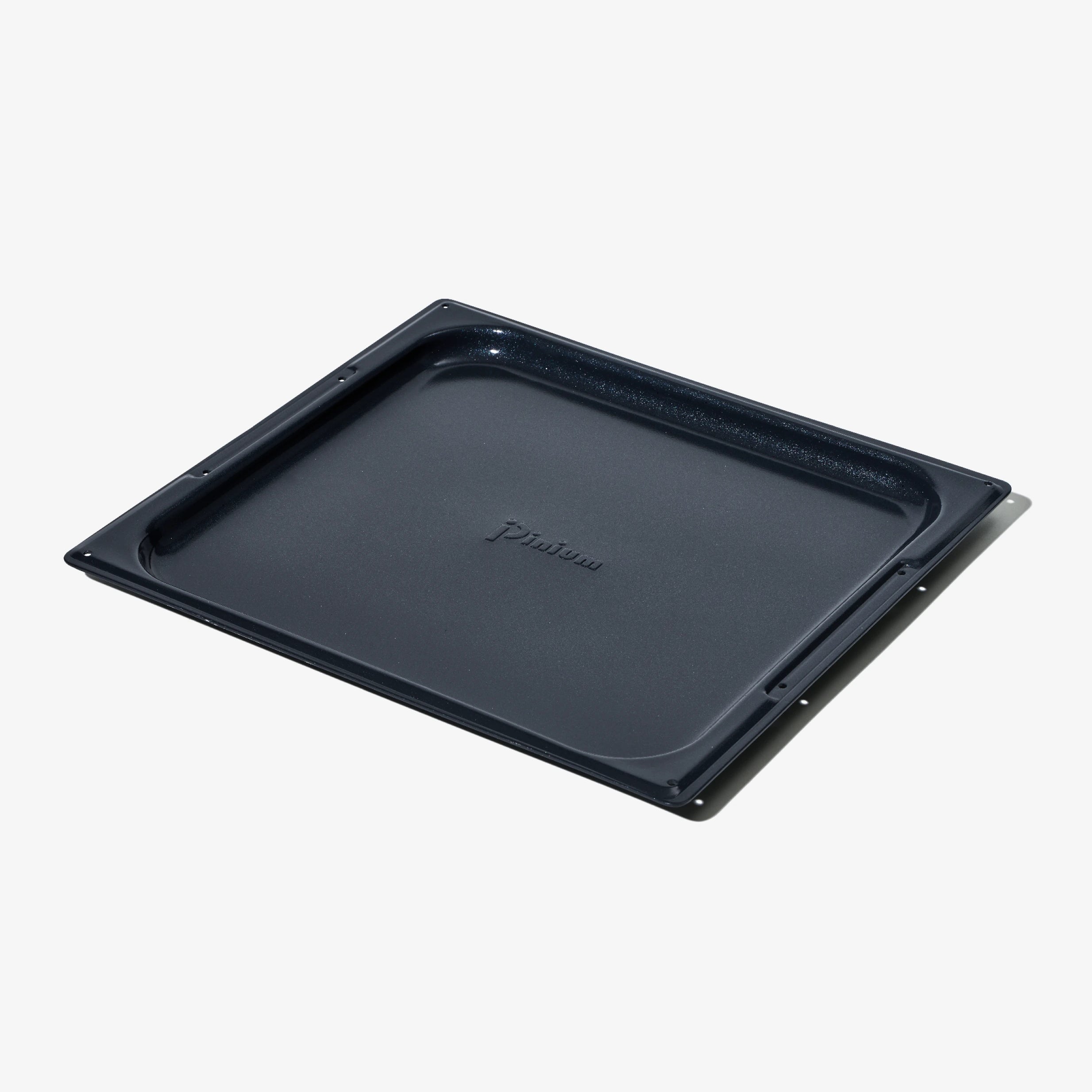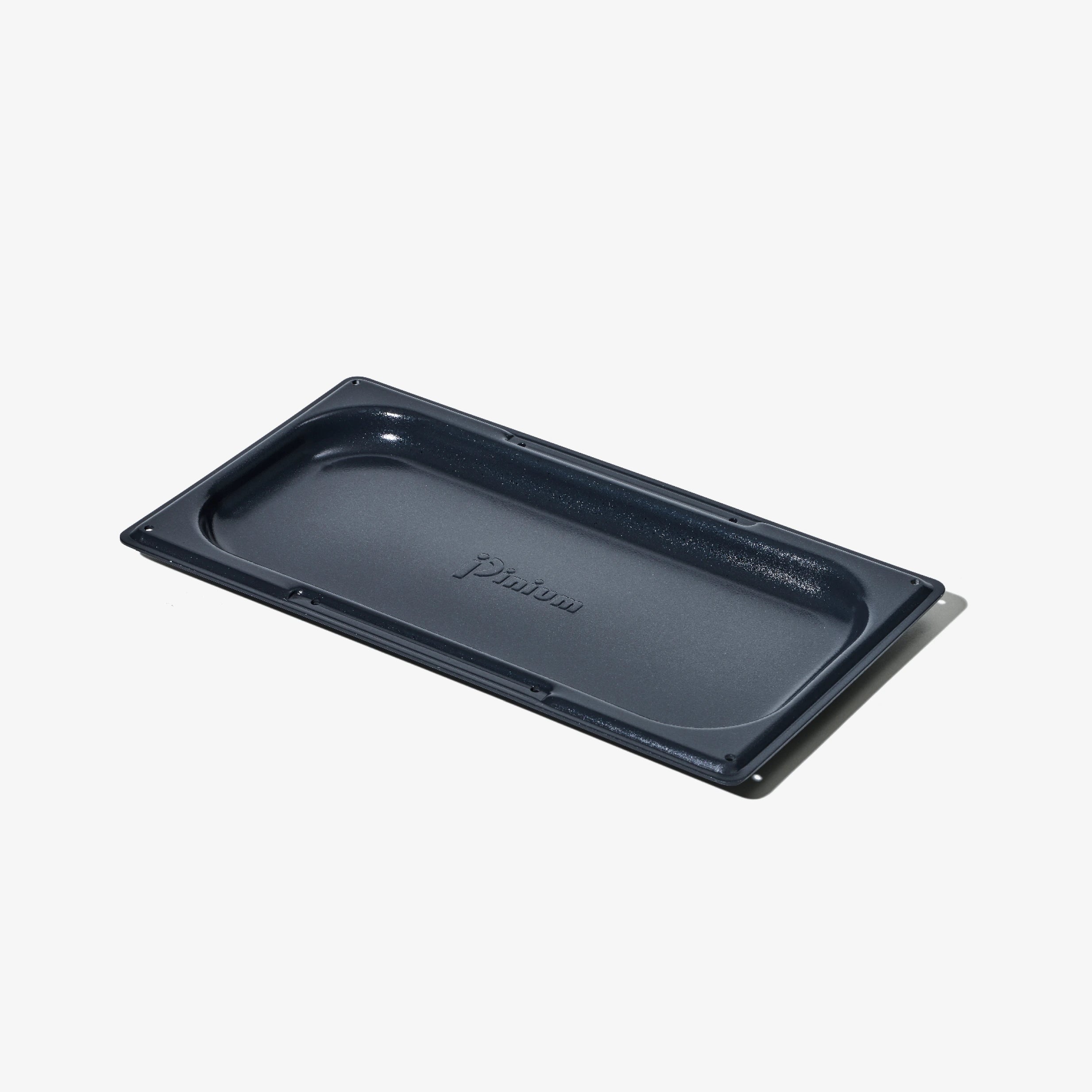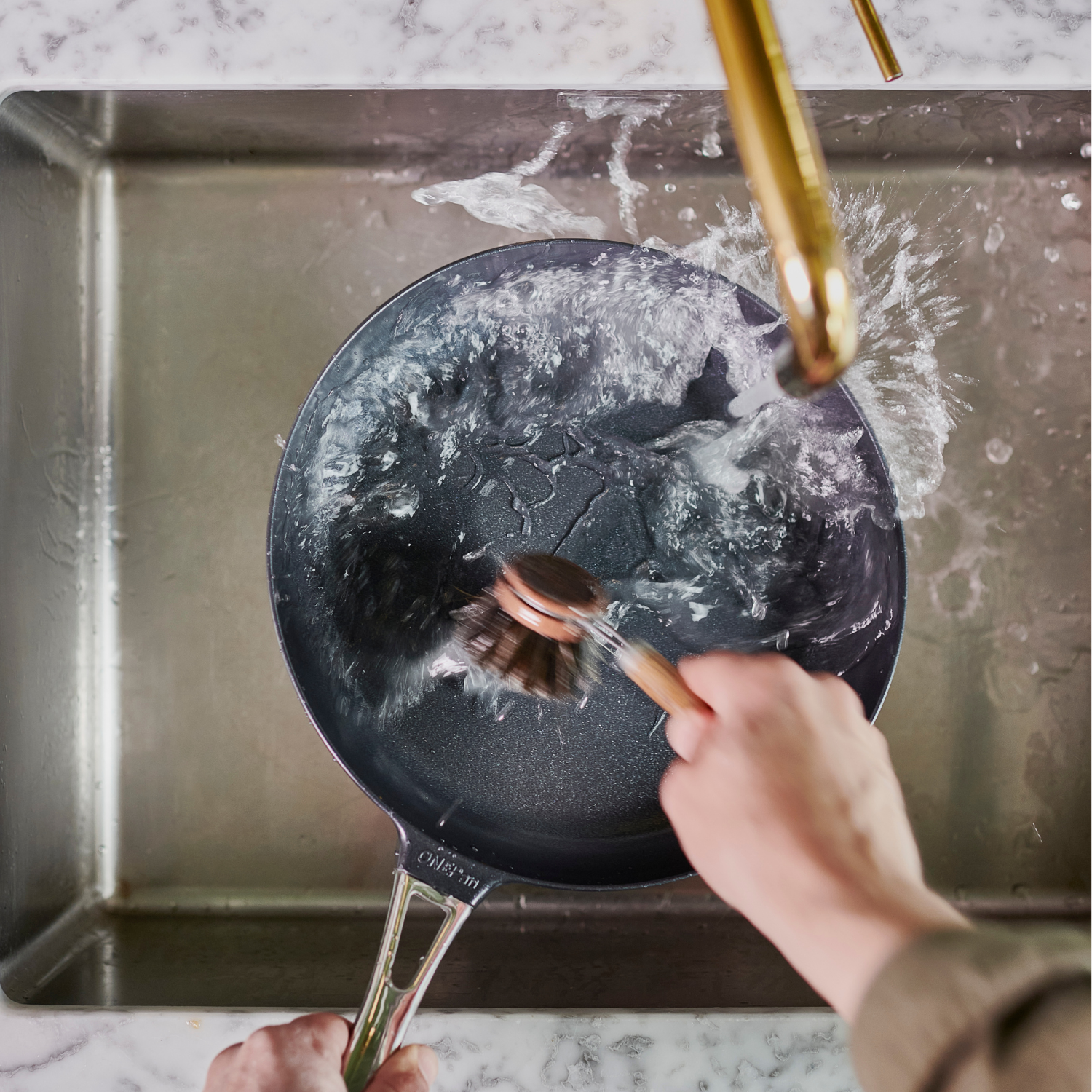How do you renew with a Re-Coat?

A circular stove, and not just because it is round.
OnePan exists to change how kitchen equipment is produced and used - and what happens to it at the end of its lifespan.
"The world doesn't need more toxic low-quality frying pans that are thrown away when the non-stick coating wears out. As a former chef, I saw this happen all the time. I had an idea and a dream to solve this type of production and consumption when we founded OnePan: no more toxins, no more wasting functional material."
- Mikael Wallborg, CEO and co-founder
Everything you want to know about Re-Coating
-
Our coating is ceramic and the non-stick properties are created using silicon. The technology is called SolGel. It is non-toxic and made without any PFAS chemicals.
Silicon is an inert substance and is naturally found both in the human body and in nature. -
All non-stick coatings have different lifespans depending on how they are handled and how often they are used. Since the owner of the frying pan can cook in it from once a week to three times a day, it is impossible to give a lifespan that applies to everyone. It is also a matter of personal preference when you feel that it no longer works as it should.
Our rule of thumb is therefore to order a Re-Coat when you would normally have thrown away your non-stick frying pan.
To extend the lifespan of your non-stick coating as much as possible, we recommend that you check out our care tips. -
PFAS is a harmful group of synthetic chemicals used in a variety of products to repel grease, dirt, and water from a surface. It can be found in products such as makeup, paper takeout boxes, ski wax, waterproof clothing, and kitchen products with non-stick coatings (like Teflon).
Research shows that intake of PFAS over time increases the risk of cancer and hormonal disruption, which can cause fertility problems for both men and women. It is also called "Forever Chemical" because it can never be broken down by nature. This causes PFAS to accumulate in nature and can be found in both the water we drink and the air we breathe.
A non-stick pan containing PFAS will release these toxic chemicals at the slightest scratch or if you overheat your frying pan. A OnePan does not do that, because we produce our products without using any PFAS chemicals. Instead, we use a ceramic coating that can be broken down by nature and is harmless to the human body – even if you get a scratch in the pan.
-
Teflon is just one of thousands of coatings that contain PFAS. So whether the coating is called Stratanium, Titanium, or Diamond, it is probably made of PTFE (the technical term for highly fluorinated coatings). Do not be misled by claims that your pan is PFOA-free or PFOS-free; this is a tactic manufacturers use to create the impression that their products are free of toxins. All products that are not completely free of PFAS can still release toxins into your food.
-
In a dream world, we would of course have done this. Unfortunately, the majority of all frying pans are not designed to withstand a Re-Coat. Less durable frying pans will deform and lose their shape if they go through our Re-Coat process. The more durable, premium frying pans often have handles that are either plastic or attached to the pan, making them impossible to coat.
